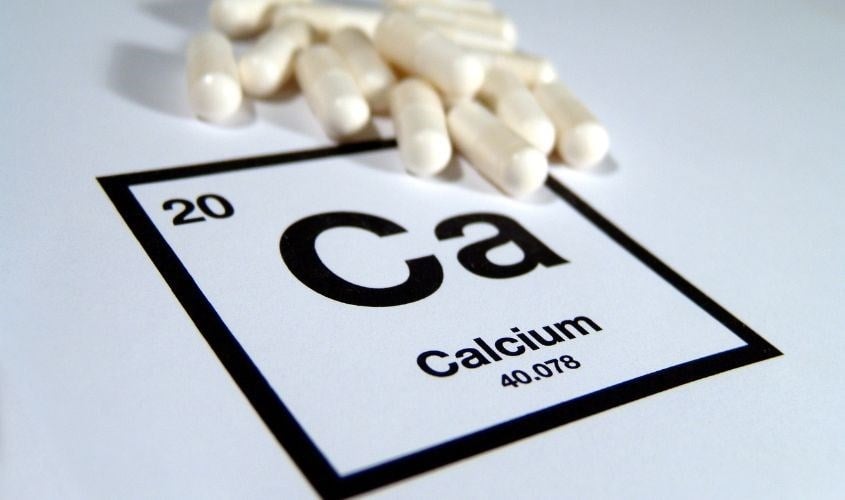The menopausal transition is a challenging period for women, with a higher risk of aging, hormonal imbalances, irregular menstrual cycles, and noticeable signs of perimenopause and menopause. Timely nutrient supplementation is crucial to prevent severe health consequences and maintain quality of life.
As women enter their middle-aged years, taking care of their bodies proactively becomes essential to slow down aging and preserve long-term well-being. However, many are unsure how to properly nurture themselves during this delicate phase.
3 Health Concerns Middle-Aged Women May Face
1. Weight Gain and Chronic Illness Risk
Middle age often brings about weight gain due to a slower metabolism. If left unmanaged, this can lead to fat accumulation under the skin and around internal organs, increasing the likelihood of chronic conditions such as obesity, hypertension, cardiovascular issues, and diabetes.

2. Bone and Joint Health Decline
Compared to men, women tend to have lower bone density. The drop in estrogen during middle age accelerates bone weakness, raising the risk of osteoporosis, fractures, and joint inflammation-related issues.
3. Menopausal Symptoms
Around the age of 50, women experience physiological changes such as irregular periods, insomnia, and mood swings, signaling perimenopause or menopause. Without timely intervention, this stage can prolong, leading to depression and significant physical and mental health challenges.
Solution: Nutritional Adjustment and Supplementation
To navigate these changes successfully, middle-aged women should focus on dietary adjustments and sufficient nutrient intake. This approach effectively slows down aging, enhances overall health, and sustains a desirable quality of life.
4 Essential Nutrients Middle-Aged Women Should Start Taking Now, According to Gynecologists
As middle age sets in, women undergo noticeable physical and hormonal shifts. To counter aging and safeguard their health, experts recommend the timely integration of these four critical nutrients into their routines:
1. Calcium: Fight Osteoporosis and Maintain Youthful Physique
Middle-aged women are prone to rapid calcium depletion, increasing the risk of osteoporosis, fractures, and mobility issues. Adequate calcium intake not only strengthens bones but also contributes to slower aging.
Calcium can be obtained from dairy products, eggs, fish, shrimp, or supplements, as advised by a physician.

2. Estrogen: Hormonal Balance and Menopause Symptom Relief
The decline in estrogen during middle age triggers symptoms like hot flashes, insomnia, irregular periods, and depression. Timely estrogen supplementation helps women navigate menopause more smoothly and lowers the risk of bone, joint, and cardiovascular issues.
Phytoestrogen-rich foods like soy, eggplant, seeds, and nuts, or functional foods, are ideal for supporting hormonal balance.
3. Folic Acid: Guard Against Cerebrovascular Accidents
Folic acid is crucial not only during pregnancy but also for middle-aged women. Research indicates that a deficiency increases the likelihood of cerebral infarction in older adults.
Green leafy vegetables, fruits like kiwis, strawberries, and cherries, soy products, or supplements advised by experts, are excellent folic acid sources.
4. Vitamin B Complex: Fortify the Nervous System and Enhance Sleep Quality
Vitamin B plays a pivotal role in regulating nerve function and supporting restful sleep. Middle-aged women, amidst hormonal fluctuations, often grapple with stress, insomnia, and fatigue. Vitamin B supplementation soothes the nervous system and boosts mood effectively.
Vitamin B-rich foods include whole grains, liver, eggs, dairy, and dairy products.
Recommendation: Prioritize Early Nutrition for Lasting Wellness
Aging commences in our 30s, so it’s imperative not to delay nutritional interventions until health declines. Nurturing our bodies proactively is the key to sustaining youthful vigor and enduring health through middle age and beyond.
































